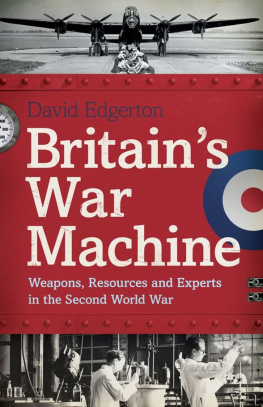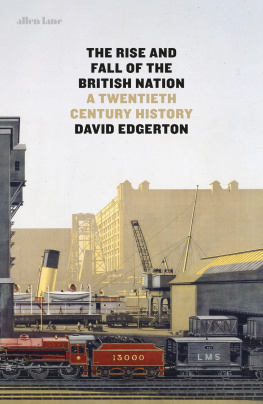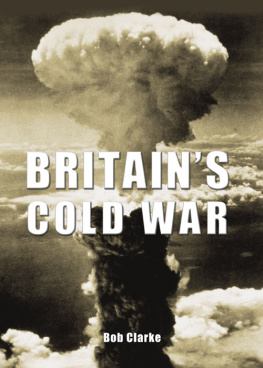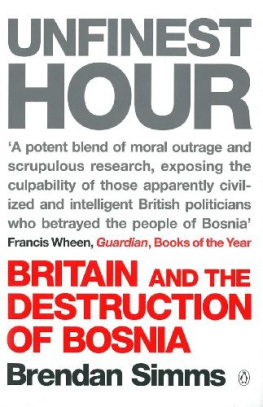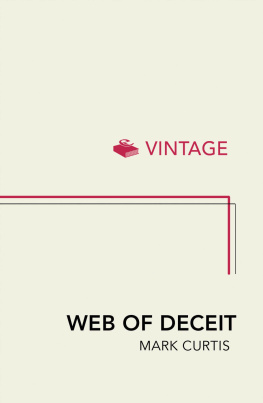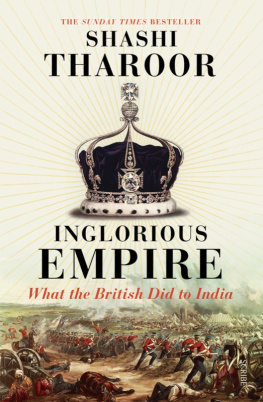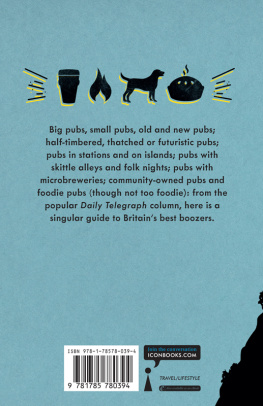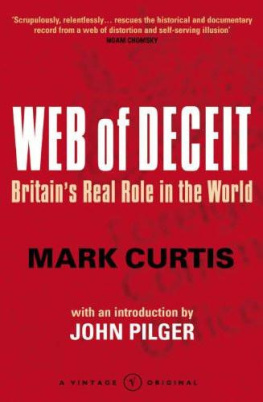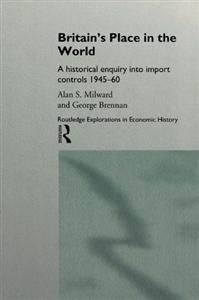DAVID EDGERTON
Britains War Machine
Weapons, Resources and Experts in the Second World War
ALLEN LANE
an imprint of
PENGUIN BOOKS
ALLEN LANE
Published by the Penguin Group
Penguin Books Ltd, 80 Strand, London WC2R 0RL , England
Penguin Group (USA) Inc., 375 Hudson Street, New York, New York 10014, USA
Penguin Group (Canada), 90 Eglinton Avenue East, Suite 700, Toronto, Ontario, Canada M4P 2Y3
(a division of Pearson Canada Inc.)
Penguin Ireland, 25 St Stephens Green, Dublin 2, Ireland
(a division of Penguin Books Ltd)
Penguin Group (Australia), 250 Camberwell Road, Camberwell, Victoria 3124, Australia
(a division of Pearson Australia Group Pty Ltd)
Penguin Books India Pvt Ltd, 11 Community Centre, Panchsheel Park, New Delhi 110 017, India
Penguin Group (NZ), 67 Apollo Drive, Rosedale, Auckland 0632, New Zealand
(a division of Pearson New Zealand Ltd)
Penguin Books (South Africa) (Pty) Ltd, 24 Sturdee Avenue, Rosebank 2196, South Africa
Penguin Books Ltd, Registered Offices: 80 Strand, London WC2R 0RL , England
www.penguin.com
First published 2011
Copyright David Edgerton, 2011
The moral right of the author has been asserted
All rights reserved.
Without limiting the rights under copyright reserved above, no part of this publication may be reproduced, stored in or introduced into a retrieval system,or transmitted, in any form or by any means (electronic, mechanical,photocopying, recording or otherwise) without the prior written permission of both the copyright owner and the above publisher of this book
ISBN: 978-0-14-196926-8
For Claire
Contents
Illustrations
We will win because we are the strongest (IWM PST 8432)
)
Britains global shipping distribution, 24 November 1937 ( National Maritime Museum, Greenwich, London G201:1/29/F0516)
The MS Dominion Monarch (Getty Images 104109082/Photographer, Humphrey Spender)
A Liberty ship (IWM A 27518)
Filling shells in India (Library of Congress LC-USE 6-D-008637)
Munitions poster (IWM PST 16028)
Churchill with trench-cutting machine, November 1941 (IWM MH 957)
A Z-battery of anti-aircraft rockets (IWM H 10791)
British tanks in 1941 (Library of Congress LC-DIG-fsa-8e09217)
A propaganda poster from late 1940 (IWM PST 14028)
Tanks for Russia week, September 1941 (Library of Congress, LC-DIG-fsa-8e09321).
A 1942 production poster (IWM PST 14378)
Potatoes as a substitute for imported wheat and flour (IWM PST 743)
A merchant unloads flour into lighters, 1943 (IWM TR 1427)
Bacon from the USA, 1941 (Library of Congress LC-USW 33-030756-C)
Corned beef from Uruguay (Getty Images 50456526/Photographer Hart Preston)
A refugee Belgian fisherman working out of Brixham (IWM TR 1868)
Sugar beet harvesting (Library of Congress LC-DIG-fsa-8e09323).
Land Army women being trained to saw larch poles (IWM TR 914)
The synthetic aviation spirit plant at Heysham (Churchill Archives Centre, Hartley Papers)
The Anglo-Iranian refinery at Abadan (Getty Images 50496057/Photographer Dmitri Kessel)
HMS Howe , 1942 (IWM A 10381)
Inspecting aero-engines at Rolls-Royce Hillington, 1942 (Getty Images 78962544 Popperfoto)
A munitions factory in Beverley, 1944, painted by Frederick William Elwell (IWM ART LD 4908)
)
Forging a big gun, Sheffield, 1941, painted by Sir Henry Rushbury (IWM ART LD 961)
Avro Lancaster bombers nearing completion at the A. V. Roe & Co Ltd factory, Woodford, 1943 (IWM TR 1386)
Sir John Anderson (Getty Images, 3141763)
Relative bombing weights (from Lord Tedder, Air Power in War , London, 1947)
Maps and Figures
)
Tables
The British and German economies compared
Output of principal army weapons, British and German, September 1939May 1940
German and British tank and armoured fighting vehicle production, 193941
Imports into the United Kingdom at 1938 values
Selected food imports, millions of tons
Imports of oil products to the UK (all users, including US forces), millions of tons
Allied 100-octane production (excluding the USSR), millions of tons
Output of military aircraft in the United Kingdom and German Europe, 194044
Supplies of armoured fighting vehicles to British forces and German production
Awards made by the Royal Commission on Awards to Inventors of over 5,000
Supplies of groups of certain war-stores from the United States and production in the United Kingdom and Empire, September 1939August 1945
British imports, Lend-Lease, reciprocal aid and GNP, 194045, m
Preface
Hasnt everything interesting already been said about Britain in the Second World War? Do we really need another book on this subject? I hope to show that we do; that much remains unsaid; and that we need to reconsider, often drastically, many important arguments. In the course of researching and writing this book I myself have been astonished by what I have found, and I say this as someone who for thirty years has been criticizing received views about twentieth-century British history, particularly in relation to warfare, to the state, and to science and technology.
I hope that by the time you have read even a small part of this book, you will feel that the new evidence and interpretations it contains will make you rethink the history both of the war and of Britains place in it. These are not topics to be dealt with lightly. What is known and what is believed about Britain in the Second World War have mattered to many people, for many reasons. Such views have profoundly affected British decisions to go to war, from Suez to Iraq. They shape, not surprisingly, the ways we understand recent British history, for the war is taken to be a pivotal event in that history. Indeed much writing about the war has been not just about the conflict itself, but about the entire history of twentieth-century Britain.
In these pages I shall describe an image of wartime Britain and its fighting power that will be unfamiliar. I shall describe the Britain that went into the war and the one that came out in terms that are quite different from most other accounts. I see the war not as something that tested and re-created the nation; which changed much, and yet did not change everything. Instead I see it as a distinctive period, characterized by sudden yet often temporary changes.
My account gives a central place to the armed services and Britains method of waging war. Most distinctively it is based on a new material reckoning of the war effort which respects the particularities of the extraordinary global war in which Britain was a great player. I also reject the sentimental view, still widely encountered, that the war was, for Britain, a good thing. We now too readily associate the evils of war with war crimes; yet it is the fact of war itself which is the greatest crime against humanity. That the Second World War was perhaps necessary does not prevent its being a terrible disaster for humankind, and even being on the right side did not mean it was good for those who waged it.
Camden Town, December 2010
A NOTE ON QUANTITIES
This account has a lot to say about the material, weapons, resources and armed services so a simple guide to some of the measures used in describing them might be useful. This note may be skipped, but may be usefully referred back to when a quantity is not fully self-explanatory.

